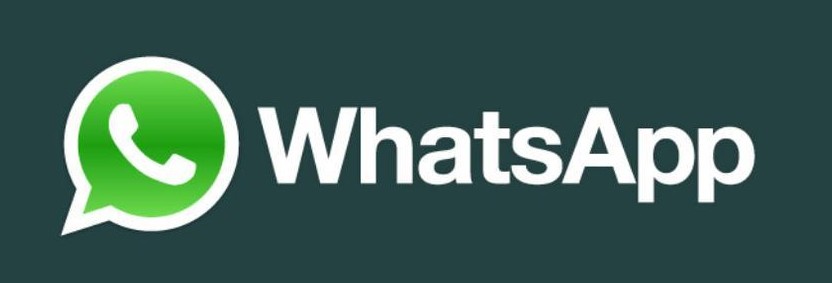'Merry Christmas' - that's how it began. On 3 December 1992, Neil Papworth from Sema Group, used his PC to send this written seasonal greeting to the phone of a Vodaphone executive. By 2010, 6.1 trillion SMS text messages were sent annually. That is remarkable growth by any measure, but here's a funny thing - SMS use is now shrinking, and at least one person thinks texting has had its day. That person is Facebook founder Mark Zuckerberg, and his thinking is no idle whim. Facebook just bought messaging platform WhatsApp for something approaching $20 billion. $4 billion in cash, $12 billion in Facebook shares and $3 billion in restricted stock units - to be precise.
WhatsApp was founded in 2009, and despite the lack of an apostrophe and some early technical problems (it didn't work), by 2013 the tool had 200 million active users and a staff of 50. So far, so successful. I'm sure the WhatsApp people were delighted when, earlier this year, their invention was valued at $1.5 billion. A few weeks later, the Facebook deal was complete. At which point, they probably needed a lie down in a darkened room. $19 billion is such an extraordinary amount of money, we humble mortals can't really make sense of it. if it helps, one could buy a Picasso, a private island, an Egyptian pyramid, an American football team, a US political party and still have change for fish and chips on the way home.
"We're a long way from buying a banana for 10p and selling it for 20p"
So what makes WhatsApp worth this mountain of gold? This is, after all, the largest commercial acquisition in business history. Well, it doesn't stem from its ability to make huge profits - at least not directly. Maybe it's my stupidity, but having read through the WhatsApp business model and Facebook's plan for the brand, I'm no wiser. There's lots of stuff about mobile pricing packages and something Zuckerberg calls Internet.org (a vision of a web where every service is free, apparently), but we're a long way from buying a banana for 10p and selling it for 20p.
I suspect Facebook's strategy boils down to one thing: domination. Just as Google will invest squillions of dollars maintaining their position as the emperor of all search, Facebook will pour fortunes into projects designed to sustain their all-conquering status. Indeed, we can be pretty certain both companies are striving for much more. It's impossible to 'own' the internet, but Google and Facebook would like to come close. Zuckerberg clearly believes the future of instant messaging is app based and has the financial clout to snap-up the market leader.
This is a new economics. Traditionally, companies become valuable and attractive when they prove their ability to generate healthy profits. That is no longer essential. As we can see from Twitter's valuation (around $15 billion), market status trumps booming balance sheets in the digital world. Curiously, the same is true of Facebook itself. These firms are acquired (or floated) for prices based on the expectation of huge rewards at an indeterminate point in the future. There are no bank statements, budget reports or vaults stuffed with cash - just subjective potential.
In short, WhatsApp is worth $19 billion if you're prepared to pay $19 billion for it. It's worth whatever you think it's worth. Whether you see that as a radically fresh way of doing business or a catastrophe waiting to happen, is up to you.
Magnus Shaw is a blogger, copywriter and consultant






